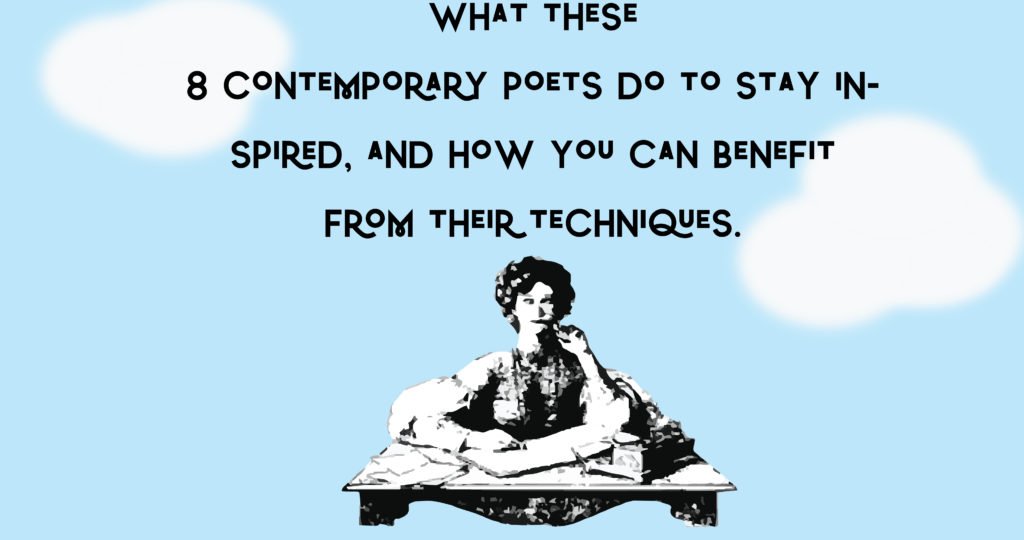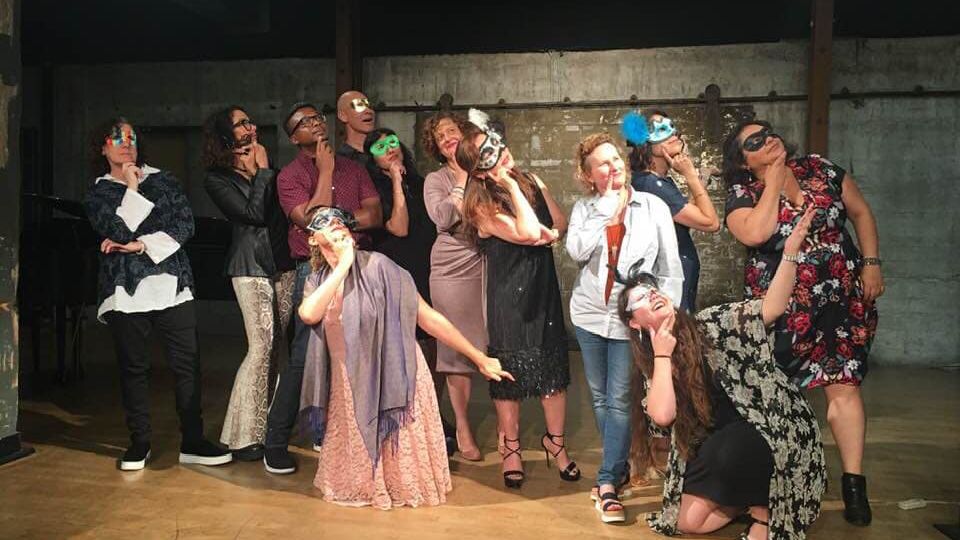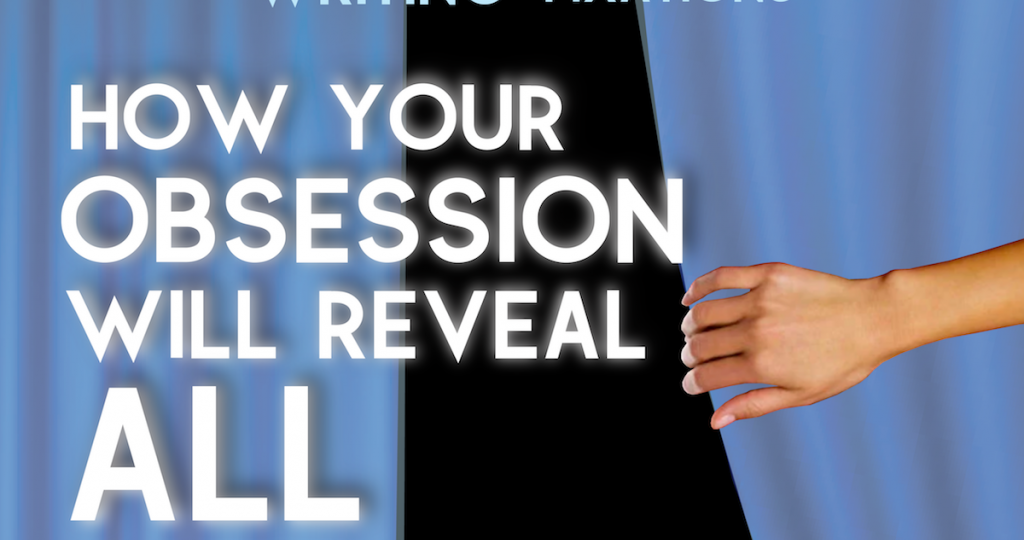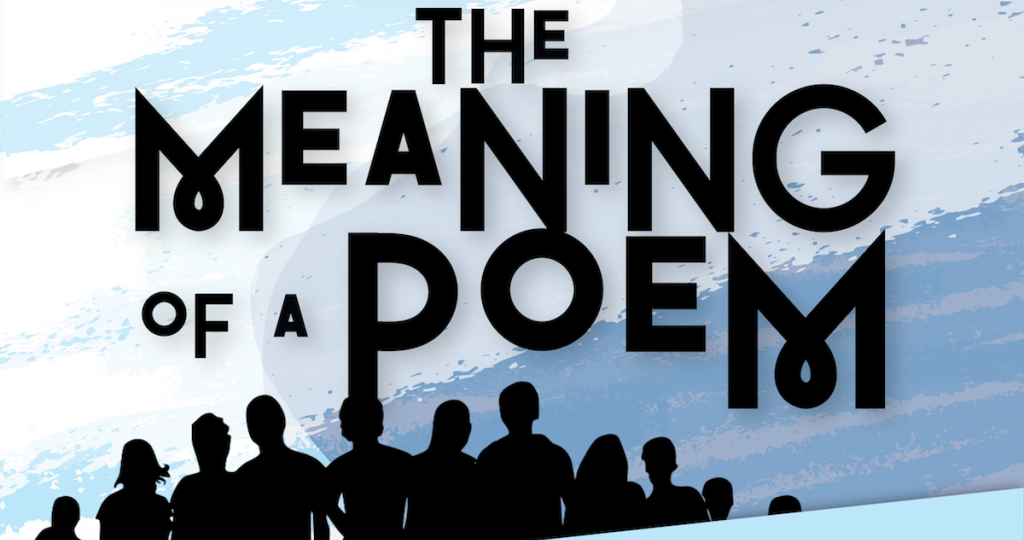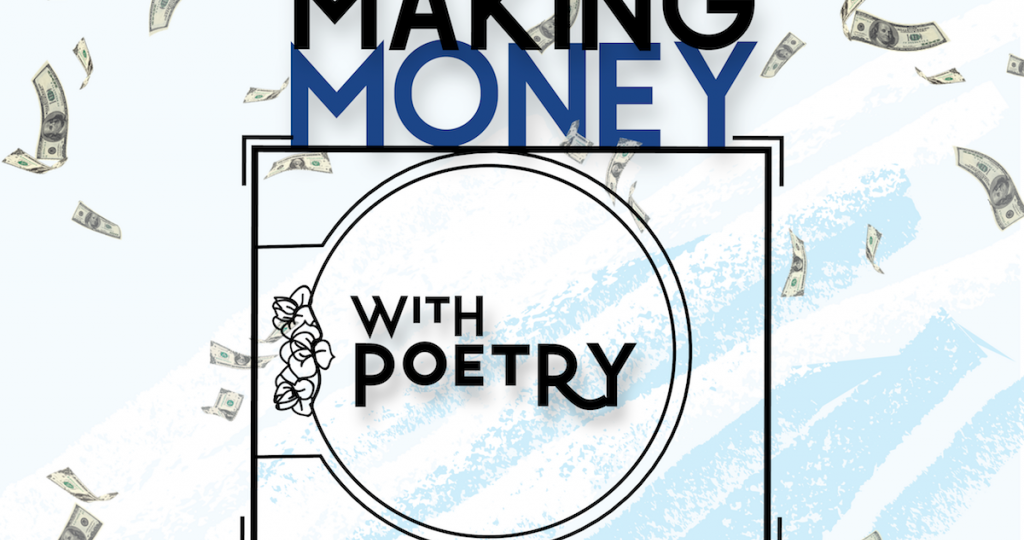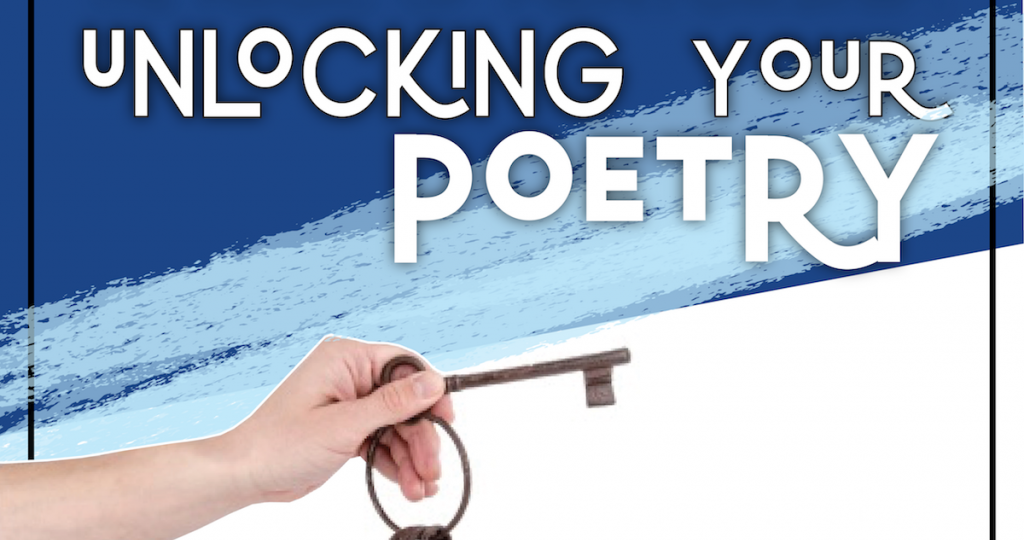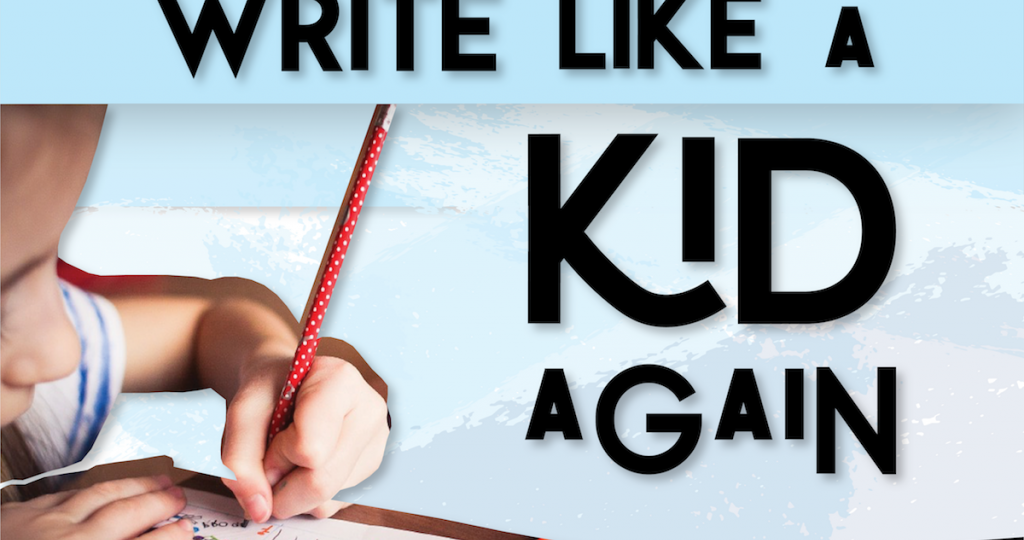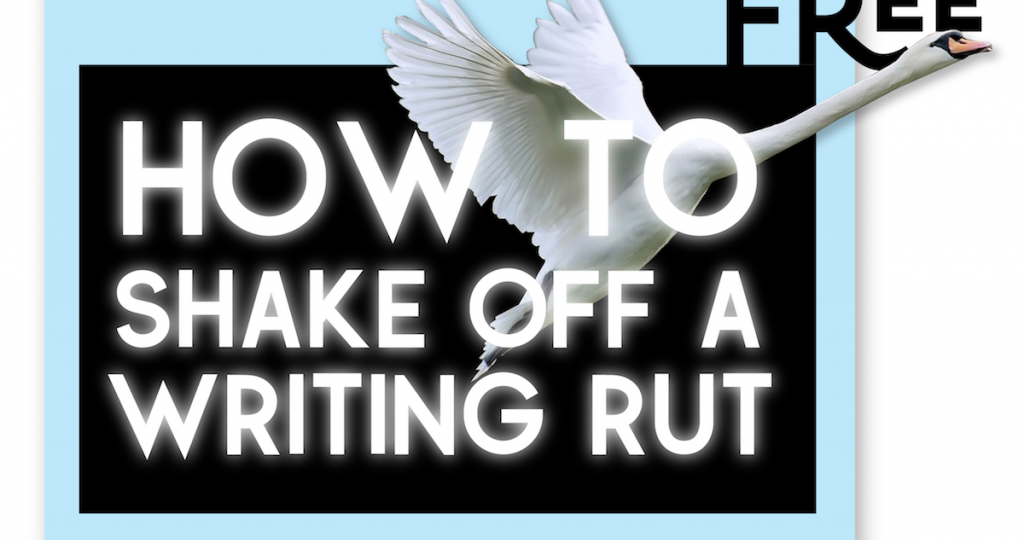poetry
The following poem was constructed during the Method and Mystery Book Launch event on June 22nd, 2019. Every participant contributed a line, which was then assembled into the work below. Comment on this post by leaving your own line of verse – Where Do Poems Come From? Last night a…
Many people think they need to feel “inspired” to write, but seasoned writers know that not only is that untrue, “getting inspired” isn’t even a key ingredient. Sometimes the best work you can do is done not out of inspiration, but out of sheer panic, under perfect duress, when you…
I was in a poetry workshop where a talented poet wrote, “I had to burn my brother’s body in order to stay alive during the night.”
I responded, “Oh, how sweet; the brother sacrifices himself in order to keep the sister alive.”
My neighbor said, “No, that’s not it. She’s empowered. She killed her brother in order to take care of herself.”
The instructor said, “You can shorten this to ‘I burned my brother and lived off the warmth.’”
The writer said, “I have no brother. Everything in this poem is a lie.”
When I tell non-artists that I am a professional poet, this is the gist of the conversation that typically follows: “Really?” “Yes.” “You’re kidding.” “No.” “You can make a living doing that?” “Yes.” (long pause) “Huh.” They mostly can’t think of much to say after that. I suspect they think…
Something that is essential can’t be taught; it can only be given, or earned, or formulated in a manner too mysterious . . . still, (poets) require a lively acquaintance with the history of their particular field and with past as well as current theories and techniques. Whatever can’t be…
There is a flotilla of actual research that suggests kids already think like poets. They notice imagery, think in metaphors, and act as though everything is alive and has human consciousness, from their real pet frog to their stuffed giraffe. All I had to do was introduce a concept like “personification” or “metaphor” and let them dash away with their pens and paper into the happy land of kid speak. They would come back with Pulitzer Prize winning lines like, “Earth, do you enjoy spinning?” or, “I heard a caterpillar’s heart breaking when it turned into a butterfly.” When writing poems about science, one little girl wrote, “Pluto is not a planet. It is a tear the first astronaut cried when he saw our world spinning alone in space.”
The thing about changing your writing, unlike changing your life, is that it is much easier. You don’t have to max out your credit cards on a trip to Italy, find a guru in India, or go to Bali to fall head over heels. (#EatPrayLove.) All you have to do is change your words. Words are the building blocks of poems, and hence, the building blocks of your ideas; your style; your substance. If you change the words, and the way you use them, you change everything – and that means both inside and out.
